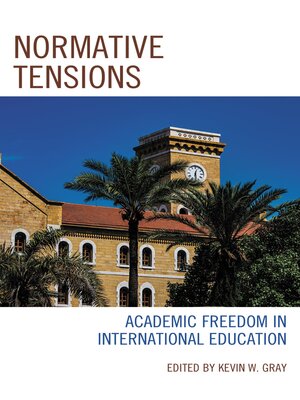The Meaning and Interpretation of Desire in the Bible
ebook ∣ The Semantic Study of hmd and 'wh Word Fields · Expansion and Internationalization of Higher Education in Asia, North Africa, and the Middle East
By Sevgi Dogan

Sign up to save your library
With an OverDrive account, you can save your favorite libraries for at-a-glance information about availability. Find out more about OverDrive accounts.
Find this title in Libby, the library reading app by OverDrive.



Search for a digital library with this title
Title found at these libraries:
| Library Name | Distance |
|---|---|
| Loading... |
The expansion of Western education overseas has been both an economic success, if the numbers of American, European, and Australian universities setting up campuses in Asia and the Middle East is a measure — and a source of consternation for academics concerned with norms of free inquiry and intellectual freedom. Faculty at Western campuses have resisted the new satellite campuses, fearing that colleagues on those campuses would be less free to teach and engage in intellectual inquiry, and that students could be denied the free inquiry normally associated with liberal arts education. Critics point to the denial of visas to academics wishing to carry out research on foreign campuses, the sudden termination of employment at schools in both the Middle East and Asia, or the last-minute cancellation of courses at those schools, as evidence that they were correctly suspicious of the possibility that liberal arts programs could exist in those regions. Supporters of the project have argued that opening up foreign campuses brings free inquiry to closed societies, improves educational opportunities for students who would otherwise be denied them, or, perhaps less frequently, that free inquiry will be no more pressured than in the United States or Western Europe. Normative Tensions examines the consequences not only of expansion overseas, but the increased opening of universities to foreign students.







